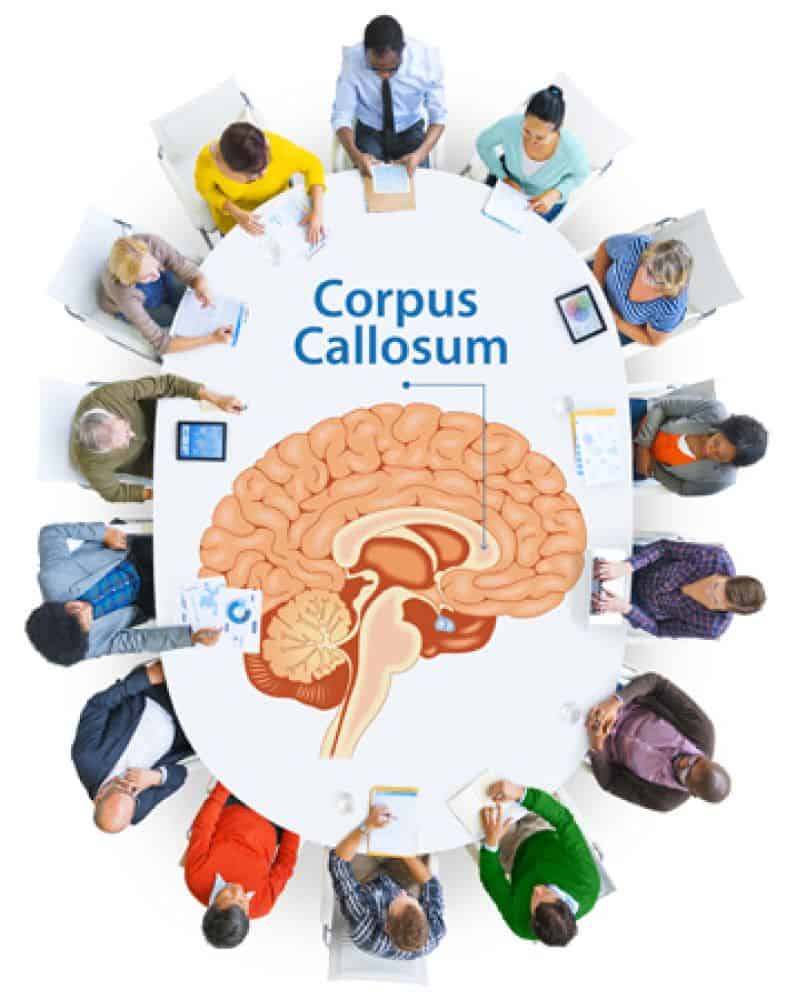Research
For Individuals & Families
Learn about ongoing studies and how you can participate in research.
Here are 6 ways you can assist the NODCC to be a catalyst for research.
Advocate to your elected officials to support increased funding for important research on the wiring of the brain and other brain research related to DCC.
Support research by providing funds to cover the cost of meeting rooms and conference fees for scientists and their teams to conduct research at the semi-annual DCC Conferences.
Sponsor clinical psychology doctoral students from Fuller Graduate School of Psychology who coordinate the Adults Living with a DCC program at the semi-annual DCC Conferences. Funds are needed to cover the expense of their travel, lodging and meals at the conference.
Help fund informational mailings from the NODCC to the organization’s membership regarding on-going research projects.
Help provide seed money for doctoral students to set-up and conduct dissertation research on disorders of the corpus callosum.
Refer interested DCC researchers to the NODCC.
Current Research Studies
If you have any questions about these research studies, please contact us at [email protected].
Our Research Proposal Guidelines:
The Human Brain and Cognition Laboratory, Travis Research Institute
Brain Development Research Program, University of California, San Francisco
Emotion & Social Cognition Lab, Caltech
ACC Infant Study, Caltech & University of Minnesota
Ongoing Adult and Children Online ACC Studies, California Institute of Technology Pasadena
Brain Development and Disorders Laboratory, Washington University in St. Louis
Join the CORDS Registry: Advancing DCC Research
The Coordination of Rare Diseases at Sanford (CORDS) Registry is a vital tool for advancing research on disorders of the corpus callosum (DCC). By joining the registry, individuals with DCC and their families contribute valuable data that helps researchers better understand these conditions, improve diagnosis, and develop potential treatments.
Participation is secure, confidential, and completely voluntary. The more individuals who join, the more researchers can learn about the unique challenges and strengths of those with DCC.
Help drive progress in DCC research—join the CORDS Registry today!

